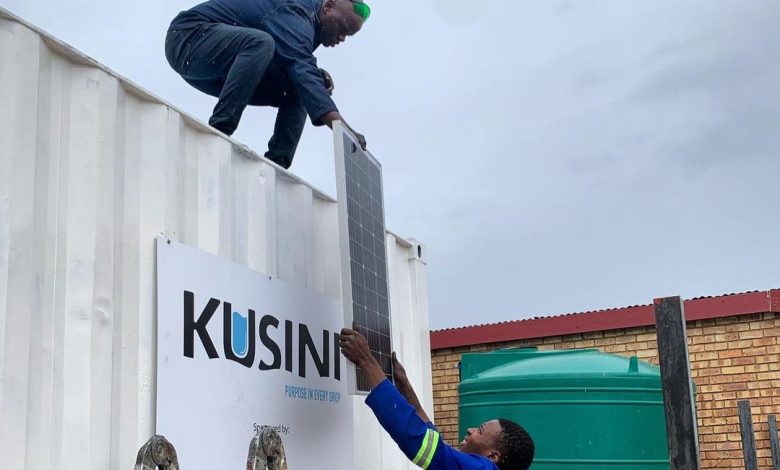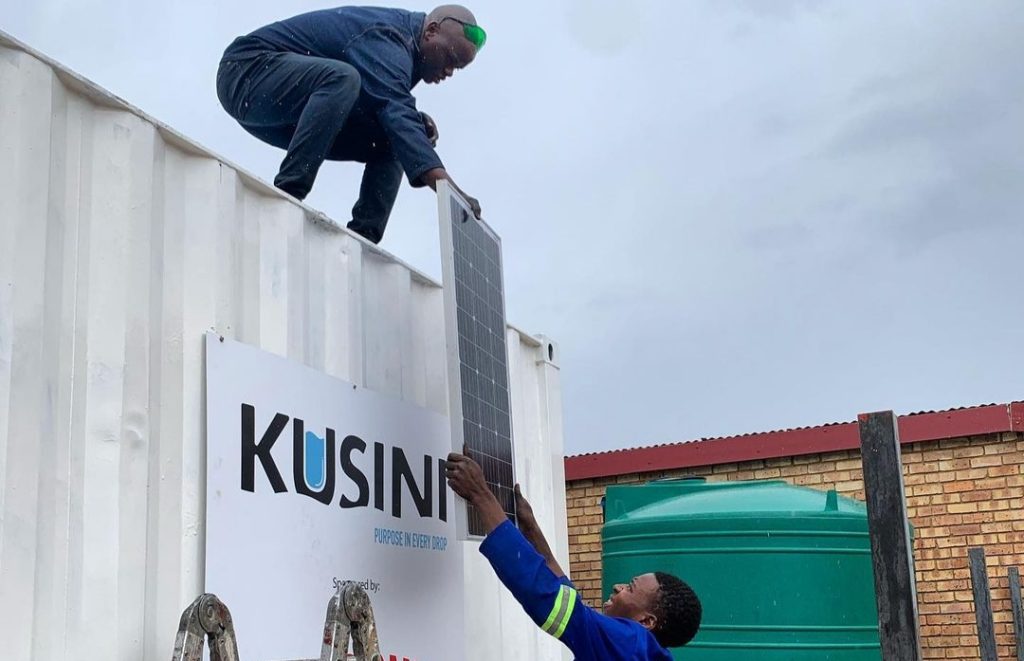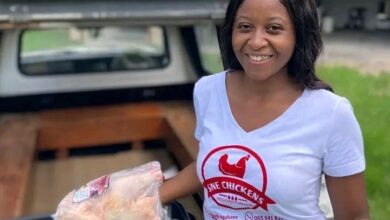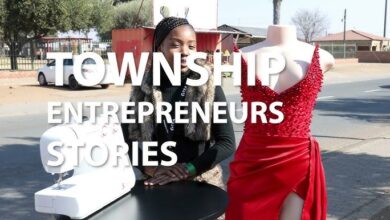SA Start-Up Kusini Water Wins The Best Series A Start-Up Of 2022 Award At AfricArena

SA Start-Up Kusini Water Wins The Best Series A Start-Up Of 2022 Award At AfricArena. Founder of Kusini Water Murendeni Mafumo took to Twitter to announce that the startup has won the Best Series A Start-Up Of 2022 Award at AfricArena.

The post read, “We won. We won. We won. Thank you thank you #AfricaArena” Kusini Water is a Social Enterprise focused on making clean water available to communities without access. It sells Bottled Water and Home and Office filters. The company also partners with businesses that wish to be impactful in communities all over South Africa.
Majority of rural communities lack infrastructure, so electricity is scarce or unreliable—this was the company’s first challenge. Its Water system needed to work without being dependant on electricity and it achieved this. Kusini Water Filtration technology can work either through the use of Solar Energy or Gravity. All its products use a nano-fiber membrane. These membranes have 0,01micron pores that trap contaminants on one side and release clean water on the other end. The company’s membrane uses the latest technology in membrane production with minimum chemicals. Its products use two-stage filtration process; In addition to the nano-fibre membrane, an activated carbon block made from locally sourced macadamia nut shells is used to absorb chemicals like chlorine and pesticides.
This win shows that the company has been dedicated to providing the best products and services to its customers, hence it has been recognised by such a big organization. The company is providing products that are needed in society and for them to be successful in this they have to deliver quality products at all times, through such consistency Kusini Water is now recognised as one of the best startups of 2022.


